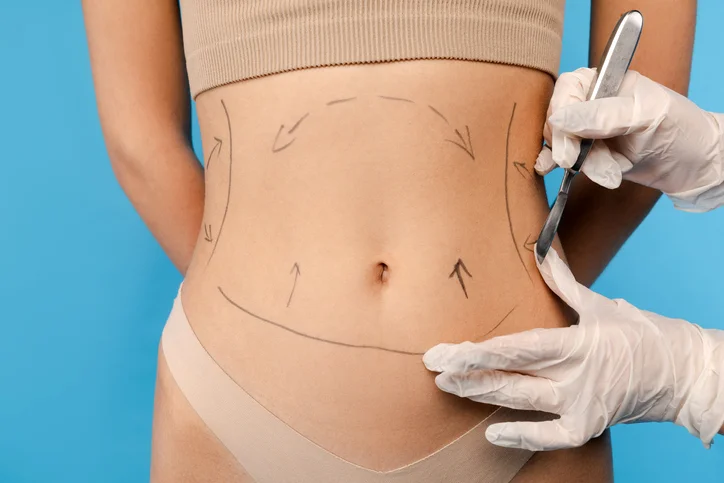Q: What is a urogynecologist?
A: A urogynecologist is an obstetrician/gynecologist who has obtained advanced fellowship training in the evaluation and treatment of urogynecological conditions such as vaginal prolapse, urinary incontinence, overactive bladder, painful bladder syndrome, pelvic floor dysfunction, etc. A urogynecology fellowship offers the training and experience required for expertise in the performance of reconstructive pelvic surgery.
Q: When should I see a urogynecologist?
A: You should see a urogynecologist if you have unwanted urinary leakage (urinary incontinence), urinary urgency and frequency (overactive bladder), difficulty emptying your bladder (urinary retention), symptoms of vaginal prolapse such as a bulge at the opening of the vagina, or bladder or pelvic pain. Other conditions that deserve medical attention include lichen sclerosus, an uncommon condition that creates patchy, white skin that appears thinner than normal. It usually affects the genital and anal areas. Anyone can get lichen sclerosus, but postmenopausal women are at higher risk.
Q: Does urogynecological treatment always involve surgery?
A: No. Both surgical and non-surgical treatment options are available for most urogynecological conditions. We recommend pursuing non-surgical treatment options before proceeding with surgery.
For skin conditions such as lichen sclerosus, surgery is typically not recommended for women. After careful evaluation, Dr. Aguirre may prescribe creams or ointments. Because the condition tends to recur, long-term follow-up care may be needed.
Q: How long will I be in the hospital if I have surgery?
A: This depends on the type of surgery that you have. Outpatient surgeries are minor procedures that do not require an overnight hospital stay. For outpatient surgeries, you should plan to be in the hospital for four to six hours. Inpatient surgeries are procedures that require at least one overnight stay in the hospital. Inpatient surgeries done through the vagina or a laparoscope usually require a one-night hospital stay. Surgeries done through an incision in the abdomen can require up to two nights in the hospital.
Q: Will I need a catheter after surgery?
A: Most patients are discharged and sent home without a catheter. In some cases, however, patients are discharged and sent home with a catheter for 24 to 48 hours until urethral swelling subsides.
Q: If I live far away, can I still go home after discharge?
A: You would be safe to travel home, even if you live far away, after discharge from the hospital. It is important to stand up and walk around every hour or so if travel requires sitting for long periods of time.
Q: How long will the results of my surgery last?
A: Procedures for stress urinary incontinence and vaginal prolapse may be likened to face-lifts in the sense that your tissue will still continue to age over time. Durability of the repairs is dependent upon genetics and physical activity. The best thing that you can do to prevent recurrence of incontinence or prolapse is to avoid anything that causes intense or repetitive increases in intra-abdominal pressure such as lifting heavy items, chronic coughing and straining with constipation.
Q: Can I have an annual examination and pap smear at ASC?
A: Since we are sub-specialists, we do not do annual exams or pap smears at ASC. We recommend that you have this done through your obstetrician/gynecologist or primary care provider.







